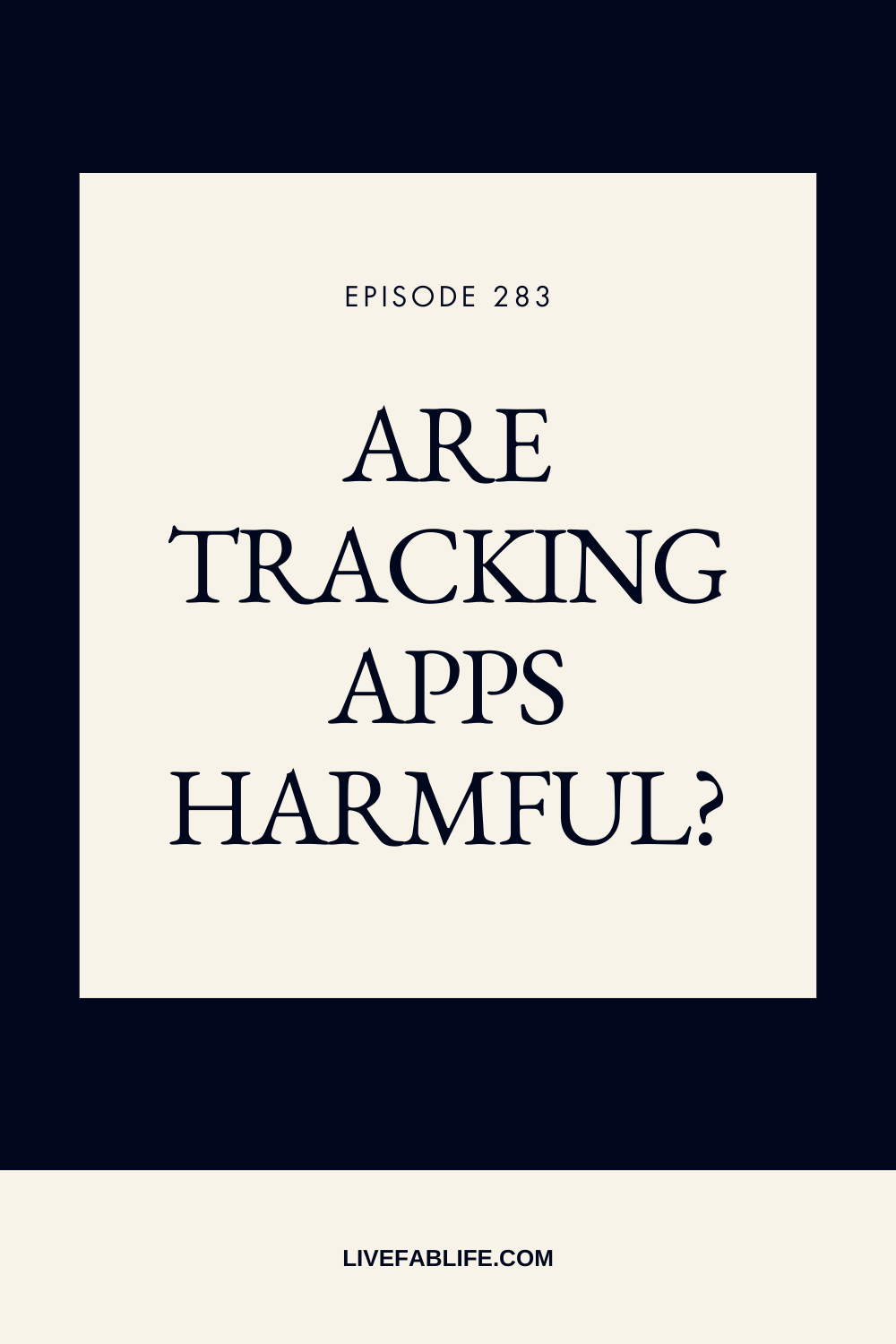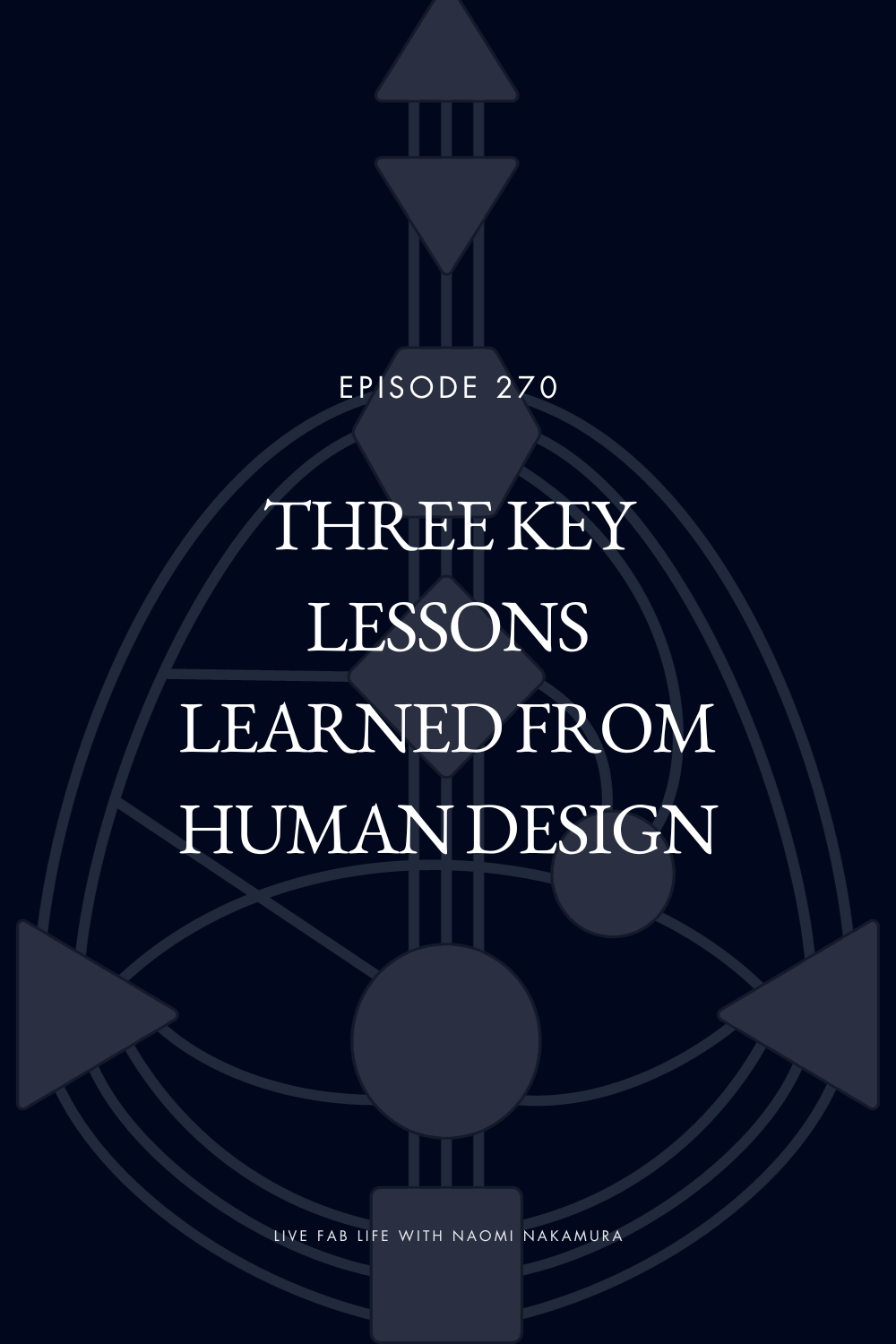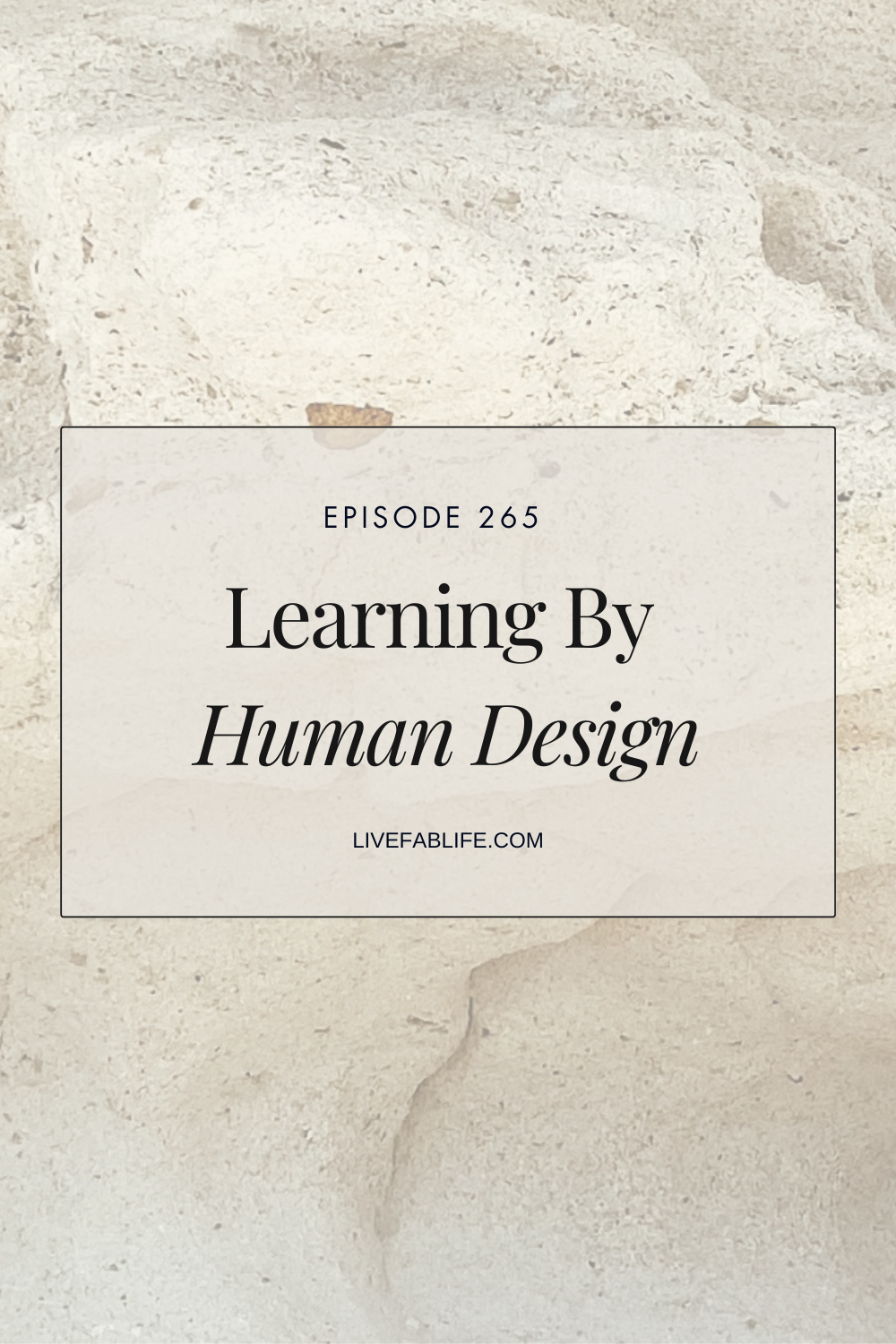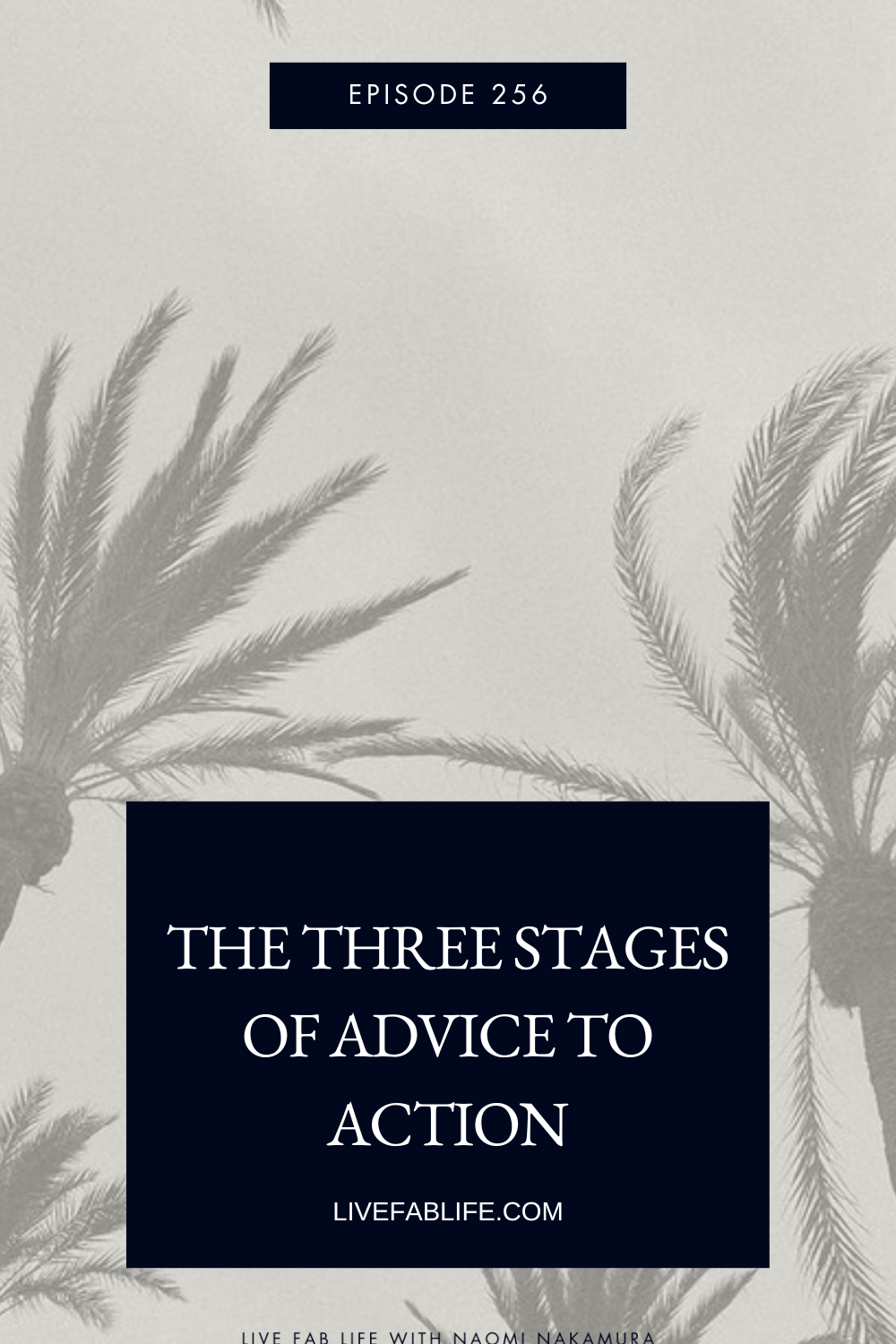Episode 168: Using Functional Nutrition to Recover From Burnout
Functional Nutrition is an approach where you address not just WHAT you’re experiencing, but WHY. What’s the environment that’s created your condition(s)?
In Part 2 of this 3-part mini-series on addressing burnout, I walk you through how to use the tools of Functional Nutrition to explore YOUR antecedents, triggers, and meditators (ATMs) and construct YOUR big picture to understand WHY you’re experiencing burnout.
I walk you through the methods I use to help myself (and others) recover from burnout.
There’s never a one-size-fits-all solution, but this approach helps you create one that works for you!
Listen to the Episode:
Mentioned in the Episode:
Episode 114: The Reality of Burnout (and What To Do About It)
Episode 009: Food Allergies, Food Sensitivities & Elimination Diets
Connect with Naomi:
Share the Episode:
“At a high level, Functional Nutrition isn’t a diet. It’s not a specific way of eating. It IS an approach where you NOT just look at what condition or symptoms you have, but it takes things a step further. We ask, examine, explore, WHY you’re experiencing it, what environment has happened or been created for this problem, or this condition to occur.”
Read the Transcript:
Hello, my friends, and welcome back to The Live FAB Life Podcast. I'm your host, Naomi Nakamura, and this episode is the second in our three-part mini-series on burnout.
In the last episode, Episode 167, we defined burnout, and talked about what causes burnout. Then we took things a step further and talked about what really causes burnout. We even talked about how burnout shows up for all of us, because it shows up in many different ways.
Once you’re aware that you're in a state of burnout, and you've observed how it's impacted your life, what do you do about it?
That's what these next two episodes are on. I'm going to talk you through what methods I've used to help myself recover from burnout, and how I help people that I work with.
In this episode, Part 2 of this mini-series, we're going to talk about how to use Functional Nutrition to address burnout.
If you’re not familiar with Functional Nutrition, at a high level, bird's eye view, Functional Nutrition, isn’t a diet. It’s not a specific way of eating.
It IS an approach where you not just look at what do we have, i.e., what condition do we have, what symptoms do we have, what problems we’re trying to solve, but we take things a step further.
We ask, examine, explore, WHY we’re experiencing it, what environment has happened or been created for these symptoms, or this problem or this condition to occur. And we're going to look at what those things are through three different lenses.
I'm going to walk you through my step-by-step approach of, again that I use for myself and the process that I take my health coaching clients through, where we’re looking at burnout - and this applies to not just burn out, but this is how you use Functional Nutrition for any condition - through the lenses of three things called the ATM’s.
Antecedents (the “A”) are any predisposing genetics, anything that might be a part of your family history that might have caused the symptoms to occur. This is not a new concept. I think many times when we look at perhaps something like an autoimmune condition, or heart disease, or anything that we might have, we always look to our family history, right?
Is there a pattern where has this happened before? For some people, this is the only thing they look at, or consider. It’s a very important part, obviously. It's 1/3 of what we look at, but it's not the only thing.
One of the things that I have dealt with in my own health history is having thyroid dysfunction, particularly, Hypothyroidism. While not officially diagnosed, when I look back at my mother's health, and my grandmother's, and probably even before that, I can see that the signs were all there, that they did all have some sort of thyroid dysfunction, whether it was at an autoimmune level, being Hashimoto’s or Graves, or if it was simply, and I don't want to use words to negate it, but you know, Hypothyroidism, which again, a thyroid disorder, but not at the autoimmune level.
So, the signs and symptoms were definitely there. It may not have been officially diagnosed, but these are things that are a lot more talked about these days. So, I definitely can see that those symptoms existed. And when I had these conversations with my mother, she can recognize them in herself and in her mother as well.
So, antecedents mean looking at any predispositions from your genetics that might be a factor.
The second thing to look at, the “T” in the ATM’s means any Triggers.
Was there any one thing, event, moment, or many things that might have provoked the symptoms to occur?
Looking at my health history, I definitely feel that training for long endurance events for a prolonged period of time was a trigger for me because I had all of these other things going on, as well as the antecedents. It kind of created this perfect storm where my body was just under so much stress - you know, the typical kind of stress we think about, work-related stress, financial stress, emotional stress, but also stress from eating foods that my body was intolerant of and sensitive to stress from the high high impact of training at high intensity - for prolonged periods of time. For me, these were triggers.
The third thing, we look at are Mediators, the “M” in ATM’s. These are things that contribute to the manifestation of symptoms or contribute to the remedy of correcting the problem.
So, what were Mediators for me?
Removing gluten and inflammatory oils was definitely something that helped mediate my problems. No longer training for long distance was a mediator, right? It all contributed to either the resolution or the symptoms.
So, this is the lens through which we take a Functional Nutrition approach.
So how do we do this? What’s the process? I think those of you who are familiar with me, you know that I’m very process oriented. I’m a very logical thinker, so I need a step-by-step approach. So, this is the approach that I have taken with myself, and that I take with clients.
I always start with a health assessment. This comes through an intake session. The assessment is a really lengthy set of questions, it's a really long questionnaire that I have set-up online.
An intake session is required for anyone to start working with me, whether it be for health coaching, or Human Design. That first session sets the baseline for the work that we're going to do together.
So, when it comes to health coaching, I want to know what is the situation that we're looking at. What are your concerns? What are your goals or outcome that you're hoping to get out of us working together?
Then based upon the questions that I have in this very lengthy questionnaire, we're trying to identify what are the Antecedents, Triggers, and Mediators that’s going on in your situation.
And this assessment starts with asking questions about your own health history, like what was the circumstances around your birth. Were you born premature? It asks about what might have gone on in your childhood. Did you have any illnesses, infections or injuries in your teenage years as well as into your adulthood?
Then I ask you about your family history. Were the health concerns or conditions that your parents, grandparents, siblings, aunts or uncles might have also experienced?
This is how we start to quantify if there are any Antecedents that we should be aware of, any predispositions, any genetic family history that we need to be concerned about. We start there.
Then the questionnaire moves into what is your current daily habits. What are you eating? How are you eating? When are you eating? Are you exercising? What kind of exercise are you doing?
Remember, part of my triggers was really intense, long distance training for a prolonged period of time. That’s a movement pattern that I definitely needed to make known and been aware of in my health history.
Are there any movement patterns that you're doing or maybe not doing that might help you? That you could start doing?
What's your community situation look like? Do you have a supportive network that can help you through whatever you're going through right now? Is loneliness, depression and isolation contributing factors?
How's the work that you're doing? Work is so monumental in the state of our health? I think it's something that we underestimate. I don't think we give enough credence at seeing it as a really significant cause of what's going on with us. Because we know for those of us who are working, or even those of us who aren’t working, there's just so much stress related to it. So, we look at your work and what does that look like for you?
And we look at your sleep. Are you prioritizing sleep? What does that look like for you? Are you getting enough good sleep?
And then how have these habits evolved over the past year? Do things look very differently today than it did maybe a year ago? I would imagine so, as I'm recording this right now in April 2021 when we’re hopefully at the tail end of a yearlong pandemic. I would imagine that many of our daily habits look very different than what they did maybe just 12, 13, 14 months ago. So, we definitely want to look at any patterns that might have changed within the past year or so.
This exercise not only helps us collect data, but it also helps you, as you go through and answer these questions, think about things and hopefully build some awareness about, “Hey, actually, maybe there is some family history stuff that I need to be concerned about.”
Or “I kind of didn't realize I wasn't working out all that often.” Or maybe, “I have been eating differently than what I'm typically used to…” Things just happen, and we’re unaware of it or we're unaware of the impact that it might be having.
That’s the purpose of doing this really extensive, lengthy assessment. I know that when I share it with some of my clients, they're like, “This is so long!”, I'm like, “Yes, I know, but it's so necessary and I really appreciate you taking the time to do this. Because not only does it helped me even more so, but it can also help you.”
And another thing that the assessment does, is sets your baseline - where you are in your present moment, your current normal. Then, depending on what your goals are, we can set some parameters about what you’d like to work towards, and you can see how you change from your baseline, while we adjust accordingly.
Based on the information that you provide in your assessment, together, it's not just me, we create a plan for you. We do this together, because I need your input to see if the things that I'm proposing or suggesting is realistic for you. And if they're not, how can we get creative and create a plan that is going to feel realistic and attainable for you.
Because if I give you a plan that's not feasible, then what's the point of it, right? This kind of work really requires a partnership approach, not just with me, but this is an approach that I really encourage my clients to take with whoever it is that's part of their health care team, whether that be doctors, chiropractors, acupuncturists, health coaches, etc. Take a partnership approach because it's your health, and you know what's best for you. We’re just here to support and guide you, but it's really your wisdom for your own body. You know what you need, and we create a plan of action that can include dietary and lifestyle changes that really depends on what you provide in your intake form and what your goals are. Now, more often than not, plans of action do include dietary and lifestyle changes. It may even include doing an elimination diet. A lot of people I work with have digestive issues and really want to improve their gut health. Their issues are really tied to food sensitivities and intolerances, which I've done a number of episodes on. I don't remember the specific numbers off the top of my head, but I’ll link to what those related episodes are in the show notes for this episode will be www.livefablife.com/168 for Episode 168.
If your plan of action does include an elimination diet, those can be really challenging to do. The approach that I take is one that I believe is doable, and universal. It's the 21-Day Sugar Detox. A number of people have asked me if I’m still a coach for the program, or “what's so great about the program?”
Yes, I love this program, and I really think it's an ideal universal starting point because the goal of the program is to help you reset your relationship with sugar and processed foods. This is beneficial to everyone. Later on you might decide to follow a specific way of eating that might be best for you. But this is a great place to start.
Many people may not look at the 21-Day Sugar Detox as an elimination diet, but it can absolutely be because after the 21 days, you can go through that reintroduction process to help you figure out what foods might not work so well for you, and that’s really the gist of an elimination diet. This is why I love the program.
I also look at this program as an approach to deconditioning how we've thought about food and re-learning what is real food, what’s healthy food, what’s nourishing food.
Now this can be a polarizing topic, but I don't think it has to be because at the end of the day, we all know that vitamins and minerals are what helps us be healthy. When it comes to food, that’s what healthy food is. It's always going to be best to get those nutrients from natural foods, as opposed to pills. There's nothing wrong with vitamin and mineral supplements, but your body is always going to best process it when it's actually food - real food.
So much of the work that I do is about relearning and deconditioning thought patterns and beliefs that we might’ve had, and relearning and reparenting ourselves. This program, the 21-Day Sugar Detox is one way to do that with our relationship with food.
That’s what I’ve experienced with this program, and that’s the experience that my clients have had for themselves.
When it comes to creating your plan of action, other aspects can include, what does your sleep hygiene look like? Are there areas for improvement there? How can we reduce your exposure to potentially harmful environmental toxins? This is something that I think is very impactful, but not always recognized. What’s your relationship with stress? What are your priorities? How do you establish and communicate boundaries? All of these things are so vital to your well-being, and so these are the things we look at, examine, and explore.
We discussed your health assessment and intake session, then based upon the findings that we have, we work together to put a plan of action in place for you.
This is all part of the process of self-observation with non-judgement, building awareness - this is how we do that. Then setting and resetting your baselines.
Once we have all of these things figured out, great! If this is as far as we go for working together, you have plenty right there to help you move forward with whatever it is you want to do.
Having this information is great, but the key is, how do you go about integrating it?
It's one thing to have this knowledge, to make observations, to have an awareness. But if you don't do anything about it, what good is it?
So, integration is so important, and in my opinion, is the sweet spot of coaching - of any type of coaching or integration work that you're trying to do.
This is where, if you feel called, we can also integrate Human Design into your health coaching. This is really my vision, and how I want to work with people.
Are you doing what lights you up? Are you living your Human Design? A question that I always ask myself in anything that I do is, “What's possible?”
If you're struggling with stress, fatigue, exhaustion, and you're just burnt out, what would be possible if you were to cut out sugar and processed foods - the foods that deplete your energy?
What would be possible if you could get more or better-quality sleep?
What would be possible if you had a stronger support system in your community and social circles? If you had a strong work community of colleagues?
What would be possible if you moved your body? If you stretched, walked, and got your heart rate up? Even for just a few minutes, a few times a week? How would that feel?
What would be possible if you understood what your priorities actually are? And how would it feel? And what would that be like if you're able to communicate them? Establish boundaries around your priorities, and communicate them? What would it feel like to have other people respect those boundaries? But more importantly, what would it feel like if you respected them?
What's possible if you have a deep understanding of who you are? How can you best create opportunities for yourself? How can you best make decisions? What would it feel like to know what your unique gifts are and know how to offer them to the world?
I would hope and I imagine that if not all, at some of these things would bring you a sense of relief, that would put you on the road to recovery, and have you feeling more energized and excited about life.
Why wouldn't you want to try these things, even if it's just one of these things?
So, this is just one high level, and I really want to emphasize this is really a bird's eye view of the Functional Nutrition approach and how it can help you address burnout.
As you can imagine, in a podcast episode, it's really challenging to get into all the possibilities and other nuances because there's really so many layers to Functional Nutrition, and there's so many factors that are unique to you.
It’s not a one-size-fits-all approach. There is no-one-size-fits-all answer in how to use Functional Nutrition to address burnout.
It’s so specific to you, but this is a process that has helped me personally, and this is how I help people do it for themselves. We can go deep into any one of these areas – nutrition, lifestyle - and lifestyle in itself has so many different components.
It's exercise, staying hydrated, how you're sleeping, how you're managing stress, etc. We can go deep into your own personal work, your own personal and self-development.
But the one common denominator that all of these things have is that whether you focus on one of them or on all of them, it has the potential to provide you with deep and profound healing experiences, and that's the kind of work that I aim to do. That's the kind of work that I love to do, because I've had those experiences for myself, and they're life changing. It’s very special to me, and that's how I love helping people - the kind of people who want those experiences. That's the kind of people that I want to work with.
So, next week, we’ll be wrapping up this miniseries by taking a look at how Human Design can help you address burnout, and I'll be sharing how it helps me.
Until then, thank you so much for listening. If you have any questions or thoughts, feel free to always reach out to me on the show notes for this episode again, that's at www.livefablife.com/168 or you can come over and find me on Instagram. My handle is @livefablifewithnaomi, and I'd love to hear from you and have a conversation with you.
Are you experiencing burnout? How is it showing up for you? What have you done to address it? What's worked and what hasn't worked? What are some things that maybe you'd like to try that you haven't yet already? Come on over and shoot me a message! I’ll meet you right back here again next week for our final installment of this mini-series.
Thank you so much for listening - until then, bye!
Naomi Nakamura is a Functional Wellness & Human Design Coach. She helps women who struggle with stress, fatigue, and burnout find freedom and empowerment by optimizing their health, finding balance, and upgrading their energy so they can live life on their own terms.
Combining her diverse professional background, and her unique approach integrates Functional Nutrition and Human Design she guides clients on a highly individualized journey of self-discovery, observation, and integration by removing physical, mental, and emotional confusion and overwhelm, simply taking them back to the very basics of health through their Human Design.
She believes that when our bodies function optimally, our personalities and souls can shine through everything that we think and do with empowering clarity and ease.
Naomi resides in the San Francisco Bay Area and can often be found exploring the area with her puppy girl, Coco Pop!
Connect with Naomi on: Instagram
| Pinterest

































